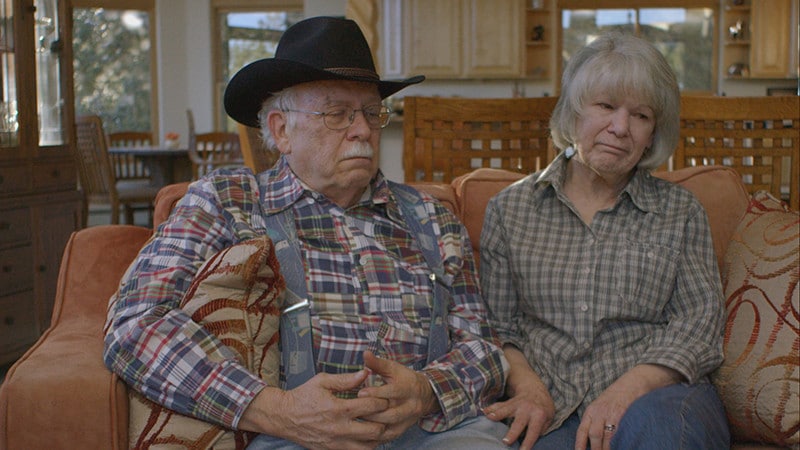The human central nervous system is a sublime highway of electrical energy that undergirds our every experience, a vast network that mediates welcome sensations – and unwelcome ones.
Pain is a universal human experience that seems to be the price of admission for sentience. Shockingly, modern medicine’s armamentarium against chronic pain is crude and feeble, its most potent weapon being opium derivatives that inflict a heavy toll on body and mind. The inability to effectively relieve the suffering of persistently pained patients must be a heavy burden for doctors who take their vocation to restore the ailing to heart.
Dr. William Hurwitz, upset by the physical suffering of his patients, was such a physician, and one who was willing to operate beyond the opioid pain management parameters of medical officialdom to provide relief for those in chronic agony.
Dr. Feelgood is a straightforward and well-flowing documentary that follows the dire professional and societal consequences of Dr. Hurwitz’s boundary-breaking empathy. It chronicles the legal woes of Dr. Hurwitz and the ethically ambiguous territory he treads when his clinic becomes a supposed “pill mill,” attracting many who seek out his prescriptions so that they can traffic opiates, either for self-gain or so that they can afford the very same opiates for personal use.
The film’s tagline – “dealer or healer?” – sets the ethical frame. Fair and even handed, the documentary presents the perspectives of physicians, former patients, law enforcement and others who fall on either side of the horns of the dilemma as we try to formulate our own response.
Dr. Feelgood touches on the legal and policy dimensions of the opioid issue but only lightly, opting instead to spotlight individuals, making it a more personable than wonkish affair. Some of the more interesting moments are the informal exchanges between Dr. Hurwitz and his daughter, and in particular those between him and his ex-wife, when they debate whether his altruism for his patients, even the dishonest ones, is responsible solicitude or naive recklessness. His wife’s use of the fictional character Gimpel the Fool as a lens for understanding her ex’s behavior is amusing and enlightening.
Given the current opioid crisis, Dr. Feelgood is a relevant look into the unintended consequences of well-meaning efforts at the palliation of pain. Given the subject matter it’s not necessarily the most pleasurable viewing, especially when we learn of the excruciating suffering of some of the profiled pain patients.
How to effectively and safely treat chronic pain remains stubbornly elusive. But at least there’s no legal controversy or contestable dosage limits when it comes to simply empathizing with the plight of chronic pain sufferers and offering our help and solidarity.
Dr. Feelgood screens Tuesday November 7 at 8:30PM at the Workman Theatre as part of the Rendezvous with Madness Film Festival.









